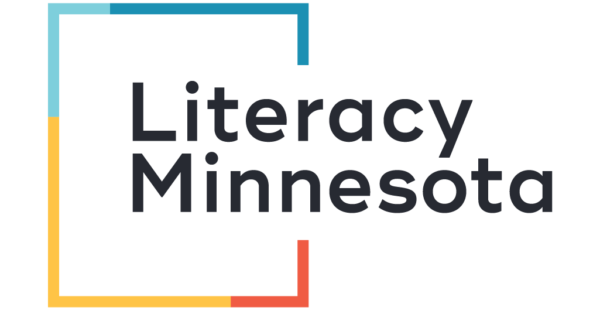Resources
Results
Academic Language and ELLs: What Teachers Need to Know
Notice and Wonder about Data: Using Slow Reveal Graphs
The “Why” Behind Cross-Multiplication
Borrowing/Carrying –> Regrouping
Let’s Talk About Dots!
Building Conceptual Understanding
Why Before How
Fluency Without Fear
Concept, Method, Procedure (The Secret Formula for Math Success)
Achieve the Core – Math Standards
Meeting the Needs of Today’s English Language Learner
8 Strategies for Teaching Academic Language
Academic Conversations with ELLs Video Series
New Resources
Tapping into Diverse Perspectives and Teaching Materials
Being a Warm Demander
Discovering Learners’ Funds of Knowledge
Presenter Information
Get information about stipends, reimbursements, and other instructions for presenters.
MN ABE YouTube Channel
The MN ABE YouTube Channel is a free online PD resource that you can use to explore teaching techniques and classroom ideas in action! Find out more in this MN ABE Connect newsletter article.
Upcoming ABE Events
Racial Equity 101 Presented by Jimmie Heags
Registration Deadline: TUE. 8/6/24 Join presenter Jimmie Heags, Jr., MA, LSC, LPCC, LADC, ACS, for this session that exposes how race is defined and how racism impacts individuals and institutions. The session will provide learners with a framework for understanding and disrupting the attitudes and structures that perpetuate… Learn More
Volunteer Core Training Module 1: Overview of Minnesota Adult Education and Program Accountability
Registration Deadline: TUE. 8/6/24 Participants learn about Adult Basic Education programming in Minnesota, demographics of learners, instructional content standards as well as initial and on-going assessment. This session wraps up with learner motivations, barriers and persistence. Learn More
Volunteer Core Training Module 2: Understanding Adult Learners
Registration Deadline: TUE. 8/13/24 Participants develop their personal cultural awareness and learn how expectations around school culture shape how people teach and learn. Guiding principles for effectively delivering instruction to adults are also covered. Finally, participants increase their sensitivity to the challenges of learning English and developing literacy… Learn More
